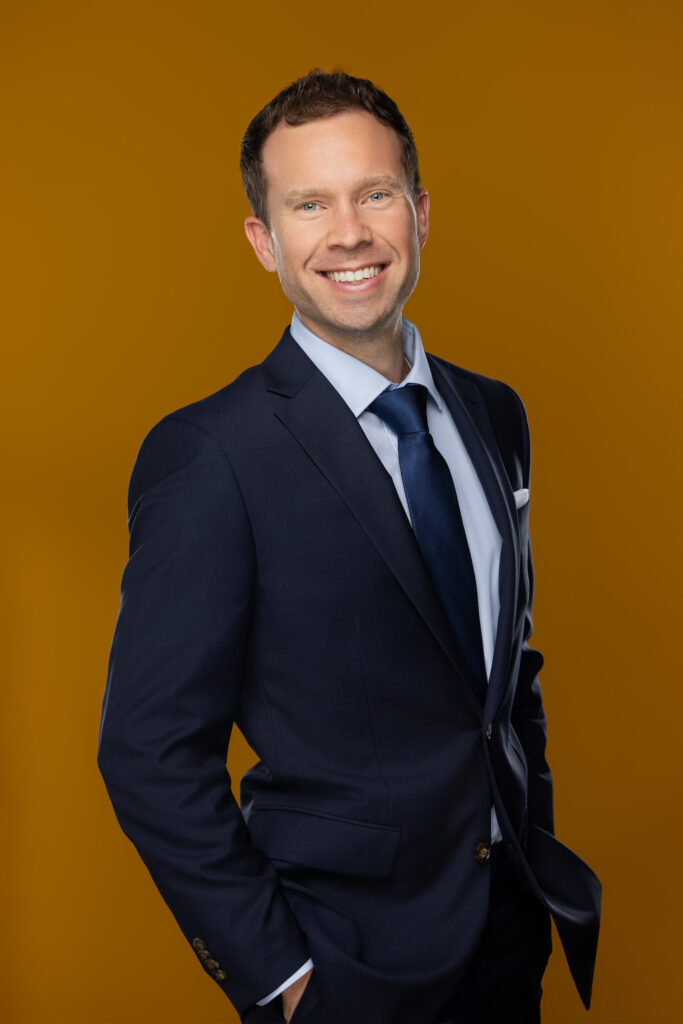Iowa City Highlander Hotel seeks bankruptcy protection
Annie Smith Barkalow

Daniel Brown
Each year, the Corridor Business Journal shines a spotlight on young professionals who have made a meaningful impact on the region early in their careers. We are proud to introduce you to the 20th class of Forty Under 40 honorees, chosen by a committee of past honorees.
Daniel Brown
Chief Financial Officer | Acterra Group
Age: 35
Family: Wife, Samantha; son, Henry and daughter, Olivia
…

Get immediate, unlimited access to all subscriber content and much more.
Learn more in our subscriber FAQ.
Do you want to read and share this article without a paywall?
